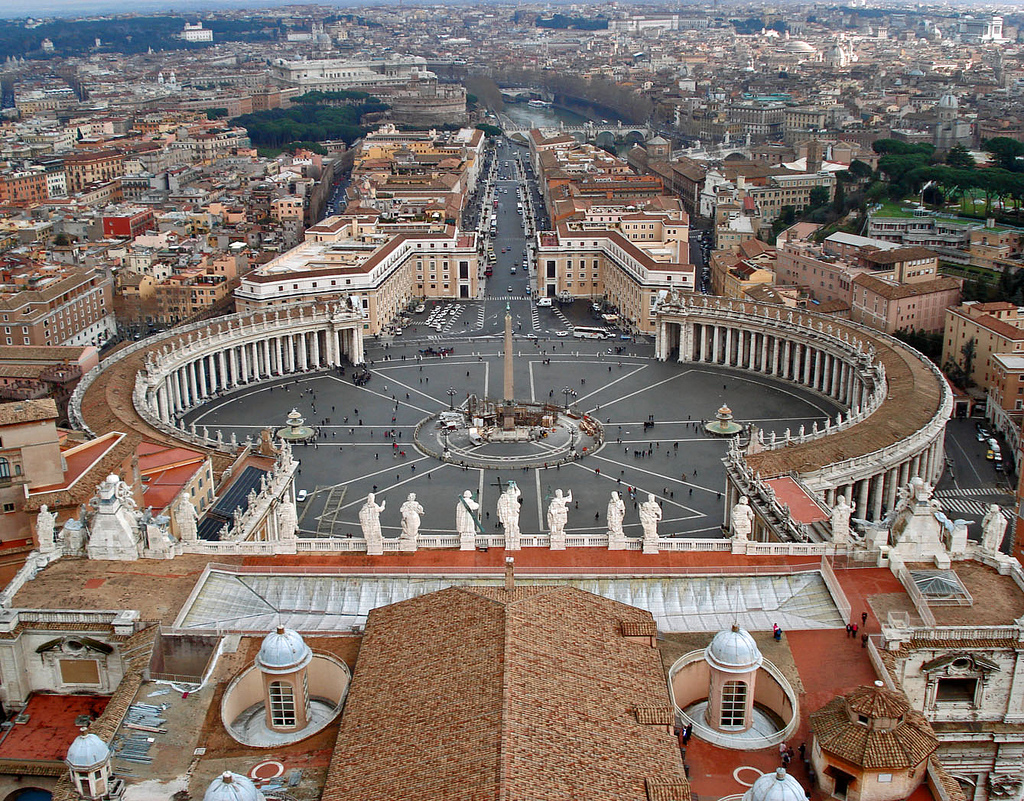 As expected, the Holy See announced on Saturday that former Cardinal Theodore McCarrick has been laicized, but what exactly does this mean?
As expected, the Holy See announced on Saturday that former Cardinal Theodore McCarrick has been laicized, but what exactly does this mean?The Catholic New Agency (CNA) is reporting on the conviction, announced on February 16, which found McCarrick guilty of the sexual abuse of minors and adults, abuse of power, and solicitation in the confessional.
A special congresso of the Congregation for the Doctrine of the Faith imposed the decision which was reached on January 11. No further appeal is possible.
“The final disposition of McCarrick’s case marks the end of a luciferian fall from grace by a man once seen as the leader of the Catholic Church in the United States, and one of the most influential cardinals world-wide,” writes Ed Condon for CNA. “To go from membership in the college of cardinals in June to being expelled from the clergy altogether in February is unprecedented.”
In order to understand the gravity of this penalty it’s important to realize what happens during the Sacrament of Holy Orders when a man is ordained to the priesthood.
As CNA’s J. D. Flynn writes, the Catechism describes that Ordination “confers a gift of the Holy Spirit that permits the exercise of a ‘sacred power’ which can come only from Christ himself through his Church. . . Ordination marks a person with an irremovable imprint, a character, which ‘configures them to Christ’. This change is referred to as an ontological change, or a change in being itself.”
“You are a priest forever,” we read in the Letter to the Hebrews, which means that the conferral of this sacrament makes a permanent change that the Church has no power to reverse.
However, ordination also changes a man’s legal status in the church and makes him a “cleric.”
“While ordination can never be lost - no power on earth can erase the sacramental imprint of ordination - a person can lose the legal status of being a cleric- this is what is referred to as ‘laicization’,” Flynn continues.
The loss of the clerical state means that a man can no longer celebrate Mass or any other sacraments except in unlikely situations when he happens to be with someone who is in immediate danger of death.
Laicization also means that the Church no longer has the responsibility of providing him with housing, medical care, or any other financial benefits.
Thus far, it is not known what kind of financial resources McCarrick has at his disposal, or if he will continue to live at the Kansas friary where he is currently residing.
These are just a few of the questions that remain to be answered, “the most pressing of which is how a man with an obviously scandalous track record was able to rise so high in ecclesiastical responsibility,” writes Condon.
In the meantime, the world’s bishops are preparing to gather in Rome this week for a four-day summit on the protection of minors in the Church. The summit will focus on themes of responsibility, accountability, and the transparency of bishops.
During his weekly Angelus address on Feb. 17, Pope Francis invited Catholics to pray for the four-day event, which he said he wanted to hold “as an act of strong pastoral responsibility before an urgent challenge of our time.”
Let us continue to pray for our Church, and especially our priests and bishops, during these difficult times.
© All Rights Reserved, Living His Life Abundantly®/Women of Grace® http://www.womenofgrace.com
